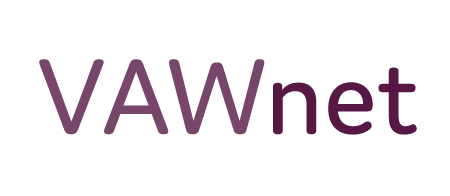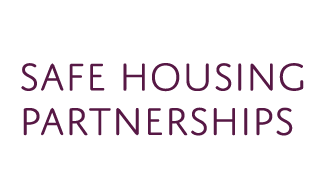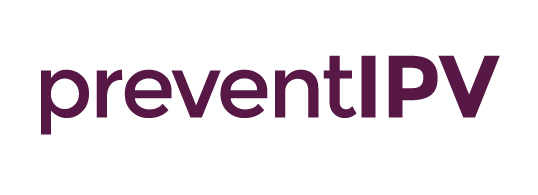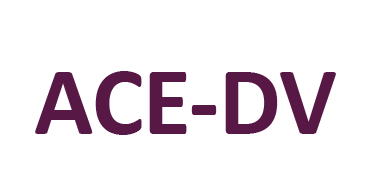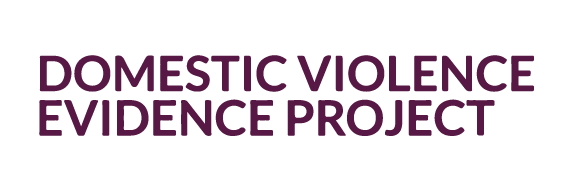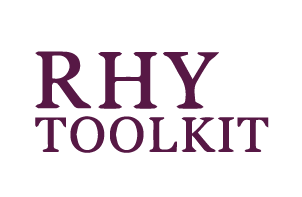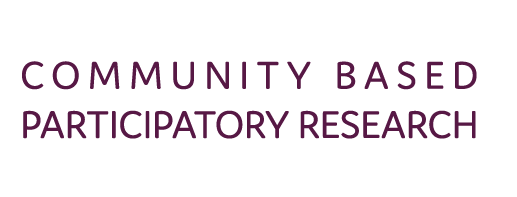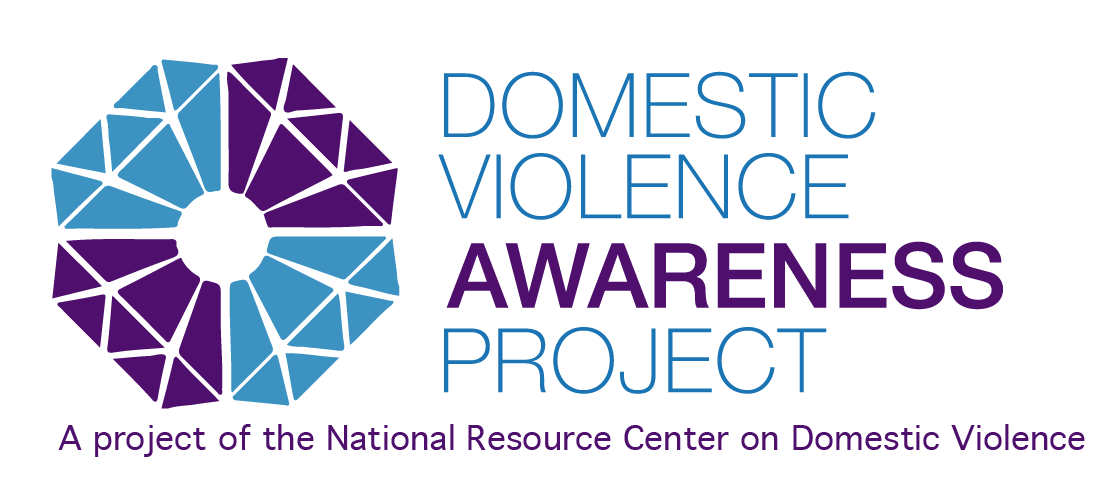By Morgan Dewey, NRCDV Digital Communications Specialist
The COVID-19 pandemic has impacted all parts of our everyday life. Many folks have adapted to a life mindful of physical distancing, working from home, and limiting exposure outside the home, and yet we know that there are many people during this crisis deemed “essential workers.” We’ve heard beautiful stories about the resilience and life-saving capacity of health workers. We know the necessity and recognize the long hours that delivery and packaging employees are putting in. And of course, folks who work in retail and food distribution are ensuring our cupboards don’t go bare.
And yet, one essential worker’s narrative that hasn’t been 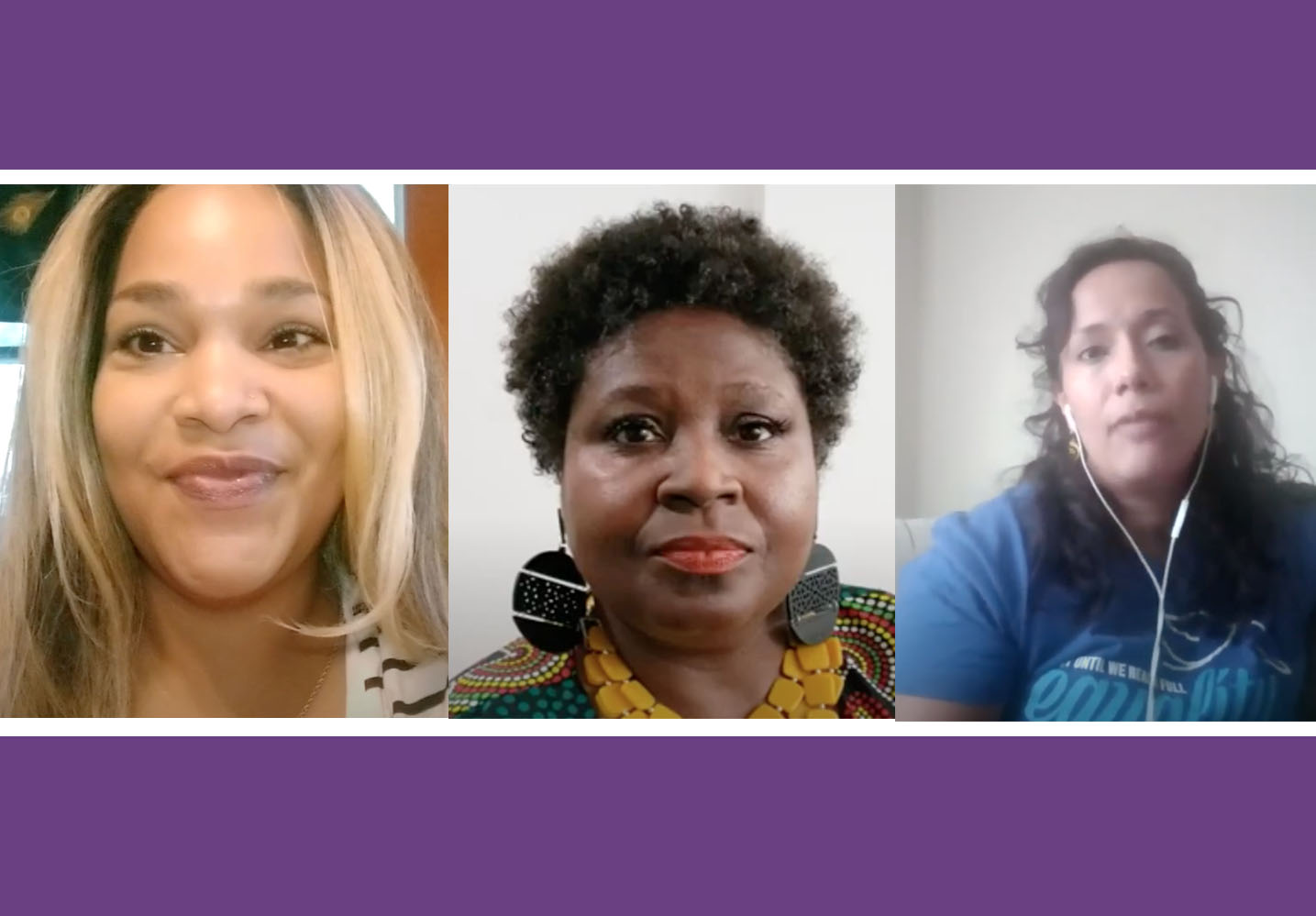 as thanked and celebrated is that of advocates and activists. Domestic violence and sexual assault advocates are the ultimate essential workers. They have a responsibility during a viral outbreak that puts their lives and their families’ safety at risk while their innovation, steadfast advocacy, and commitment make their communities safer every single day. From ensuring survivors and their families have a safe place to go at night, to creative safety planning for survivors trapped at home, to assisting survivors with court proceedings, to educating about how to create a movement that’s disrupting white supremacy... this liberating work cannot be paused. Advocates are essential. With the work of anti-violence advocates and activists, survivors, their families, and their communities can access and center safety, healing, and joy.
as thanked and celebrated is that of advocates and activists. Domestic violence and sexual assault advocates are the ultimate essential workers. They have a responsibility during a viral outbreak that puts their lives and their families’ safety at risk while their innovation, steadfast advocacy, and commitment make their communities safer every single day. From ensuring survivors and their families have a safe place to go at night, to creative safety planning for survivors trapped at home, to assisting survivors with court proceedings, to educating about how to create a movement that’s disrupting white supremacy... this liberating work cannot be paused. Advocates are essential. With the work of anti-violence advocates and activists, survivors, their families, and their communities can access and center safety, healing, and joy.
In this video series we hear from three advocates on how COVID-19 has impacted their work, why they are essential workers, and why the work of serving those experiencing violence within their respective communities is essential.
- Hania is an advocate at Tahirih Justice Center and shares her story in both English and Spanish. Through direct services, policy advocacy, and training and education, Tahirih protects immigrant women and girls and promotes a world where women and girls enjoy equality and live in safety and dignity. Watch Hania’s story in Spanish at the link here and in English at the link here.
- Jacqueline Miller is the founder of Healthy Actions Intervening Responsibly (H.A.I.R.). She shares her knowledge and expertise on the impact domestic violence has on children’s health, understanding trauma including ACEs, and the impact “Adultification” has children’s lives and well-being. Watch Jacqueline’s story at the link here.
- Zakiya Bell-Rogers is an advocate at Helpmate, a local domestic violence program located in Asheville, North Carolina. They work with their community to eliminate abuse and fear by providing safety, shelter, and support for victims/survivors of intimate partner domestic violence. Watch Zakiya’s story at the link here.
During COVID-19, we thank, appreciate, honor, and look to the leadership of essential workers like Hania, Jacqueline, and Zakiya. #1Thing you can do today is listen to their stories.
Additional COVID-19 Resources
- Special Collection: Preventing & Managing the Spread of COVID-19 Within Domestic Violence Programs by the National Resource Center on Domestic Violence
- Special Collection: Disaster and Emergency Preparedness and Response by the National Resource Center on Domestic Violence
- Fundraising Strategies for Local DV & SA Programs in Response to COVID-19 by the National Resource Center on Domestic Violence
- Resources on the Response to the Coronavirus (COVID-19) by the National Network to End Domestic Violence
- Updates and Information on COVID-19 by Futures Without Violence
- TA Bundle: Smiles for the Soul: The Advocate’s Scrapbook of Strength, Wisdom & Wellness by the National Resource Center on Domestic Violence
- Staying Safe During COVID-19 by the National Domestic Violence Hotline
- Resources for Domestic Violence and Sexual Assault (DV/SA) Service Providers Regarding COVID-19 by the Asian Pacific Institute on Gender-Based Violence
- Blog Post: Mothering & Advocacy During COVID-19: When Essential Worlds Collide in a Time of Collective Trauma by the National Resource Center on Domestic Violence
Additional Self-Care & Community-Care Resources
Webinar Series – Keeping Your Cup Full
Adequate self-care is vital to sustaining long-lasting careers as a victim advocates. Through storytelling, Vanessa Timmons discusses strategies for managing work related stress and addresses the importance of taking time to address the emotional and physical damage caused by compassion fatigue.
- Keeping Your Cup Full is Essential to Trauma Informed Advocacy Part II (May 2020)
- Keeping Your Cup Full is Essential to Trauma Informed Advocacy (October 2016)
Webinar Series – Self-Care & Healing During COVID-19
How can we survive and thrive in the midst of so much chaos, fear and uncertainty? Join your beloved community, as we silence the noise around us and return to our roots; digging deep within to identify and retrieve our innate source of hope, resilience and strength. Presenters will take participants on a journey that will address grief to new ways for engaging in self-compassion and holistic healing practices.
- Webinar I: Dealing with Loss and Uncertainty: Self-compassion, Resilience, and Narrative (June 2020)
- Webinar II: Resilience, Trauma & Hope: A Healing Response (June 2020)
- Webinar III: There is Hope & Joy Ahead (July 2020)
Initiative – #Care4Advocates: COVID-19 Resources to Support Advocates’ Well-being (March 2020)
Advocacy during COVID-19 is difficult. NRCDV has compiled resources in response to the identified need for advocates to feel supported and valued, especially as they put themselves at risk to support survivors’ safety.
Blog Post – Redefining WE: Building Beloved Communities (April 2020)
NRCDV offers a compilation of resources for advocates and preventionists to begin the journey of healing, hope, restoration and meaningful connection in our communities.
